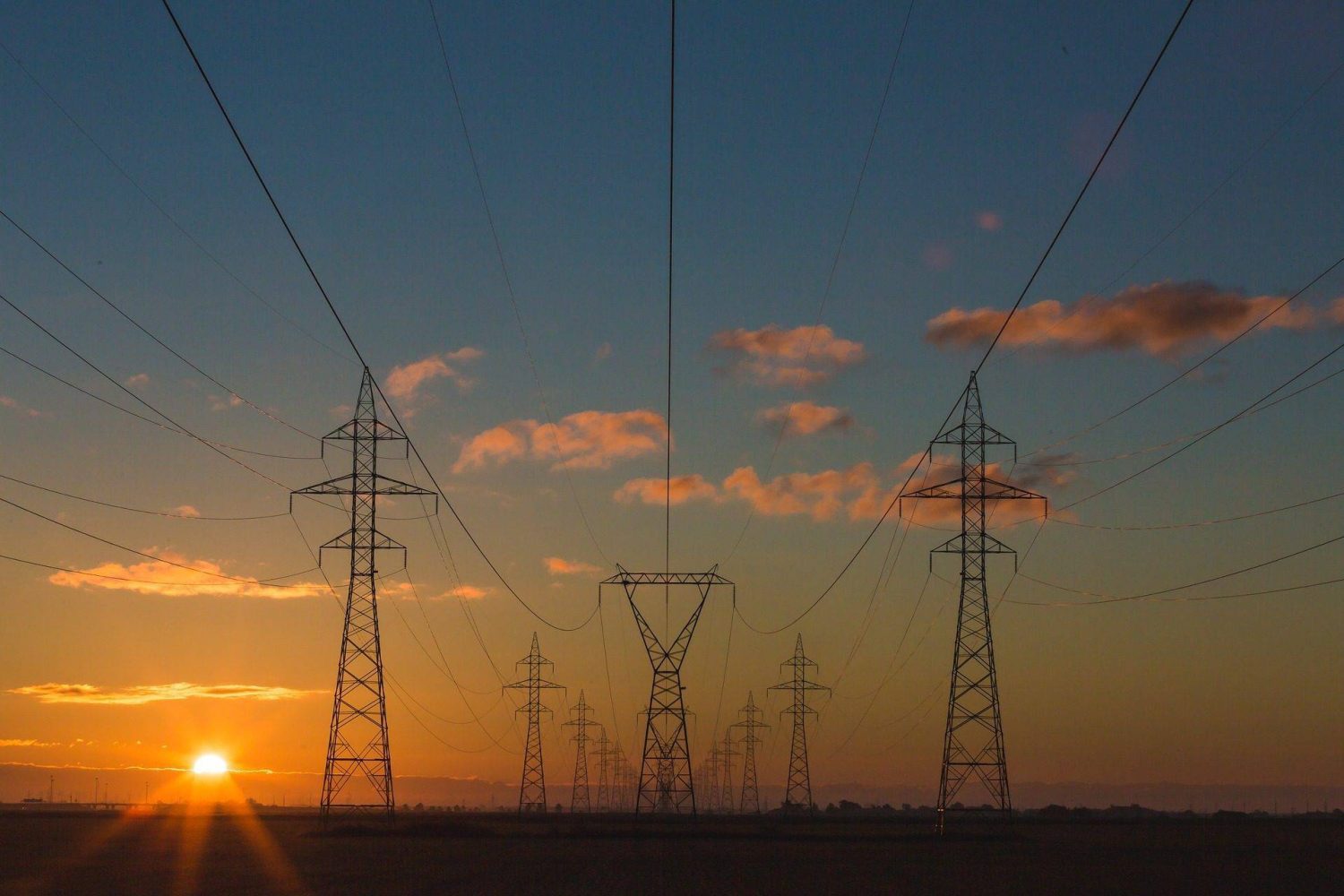Burden for SA Taxpayers As Rescue Mission For Ailing Eskom Heightens

In a bid to stay afloat after giving Eskom the state-owned entity that controls electricity provision a bailout, the government of South Africa will be forced to increase its borrowing substantially.
Finance Minister Tito Mboweni has told lawmakers in Cape Town that Eskom will get ZAR 26 Bn this financial year and ZAR 33 Bn in 2020-21 to help it remain solvent.
“This could substantially increase the government borrowing requirement for 2019/10, which will require the government to revise its funding strategy and current weekly bond issuance levels before the MTBPS (Medium-Term Budget Policy Statement) in October.”
The debt-strapped power utility has been borrowing money to pay off old debts.
The ZAR 59 Bn bailout was tabled by Mboweni to enable the power utility to meet its debt obligations. According to the bill, ZAR 26 Bn is allocated for the 2019/2020 financial year, and ZAR 33 Bn is assigned for the 2020/2021 fiscal year.
“Mboweni reminded investors that South Africa faces major fiscal challenges, mainly due to the substantial burden of Eskom which needs to be properly restructured,” said Piotr Matys, a currency strategist at Rabobank in London.
The additional bailout comes hardly six months after a ZAR 69 Bn three-year cash injection was announced for the utility. Earlier, the minister announced that the heavily indebted facility’s debt was approaching ZAR 500 Bn.
As the government steps up its effort to rescue the state-run facility, the minister cautioned that this additional funding would come at a high cost to the fiscus.
“We should be reminded that fiscal support announced today will come at a high cost to the fiscus and SA taxpayers. In addition to the financial support to Eskom, there is also a preliminary indication that tax revenue could be significantly lower than budgeted for in the 2019 Budget.”
The minister then highlighted that the utility’s business model be revised further stating that the country faces revenue challenges owed to Eskom’s huge debt burden.
Eskom woes begun during Zuma’s regime as the facility became a prime site of state capture and corruption. The debt that accrued during the previous political administration has taken a toll on SA’s economy.
The utility that provides about 95 percent of the nation’s power is unable to cover its costs and has for a while been dependent on government bailouts.
“As it stands, Eskom is not financially sustainable based on its current high levels of debt, and its inability to generate sufficient revenue to meet its operational and capital obligations, which exposes the entity to high levels of liquidity and balance sheet risks,” the minister stated.
While these government bail-outs are ideally meant to help improve the financial performance of the State-Owned Enterprises, that has not been the evident case for Eskom as the utility has continued to perform dismally and has been requesting for endless bail-outs.
Featured Image Courtesy: Northglen News